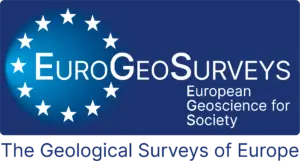Earth’s geological processes are happening around us all the time. Rivers cut their way down into their valleys, shed their sediment where they empty into the sea, forming deltas, and mountains rise imperceptibly as continental plates grind against each other. These processes shape the ground we stand on and the landscapes we see around us. The results are often distinctive geological sites (geosites) that can be unique, visually appealing or have a scientific value. They are centres for geotourism, geological education and scientific research. Over the past decade, increased public awareness of geosites has demonstrated their importance to society and revealed geoconservation knowledge gaps that must be filled. We need to document the geosites we have, their vulnerabilities and how we can sustainably manage them.
In EGS, this topic is dealt with in the Geoheritage Expert Group.


